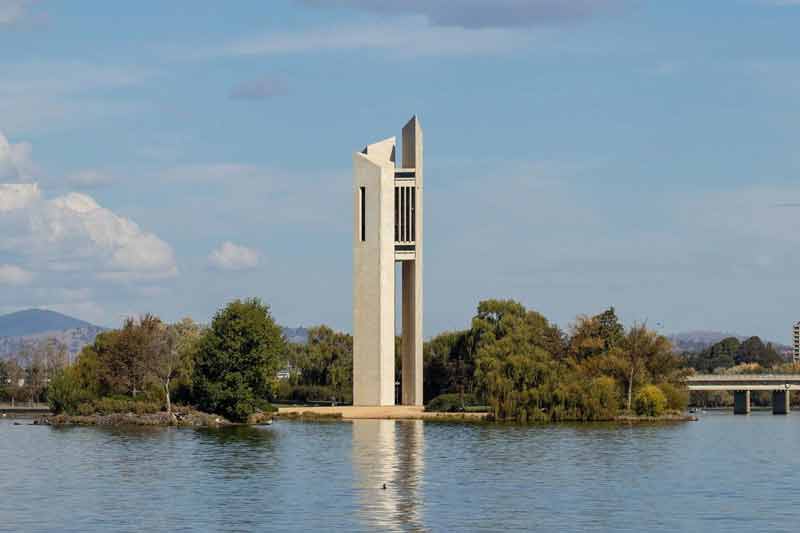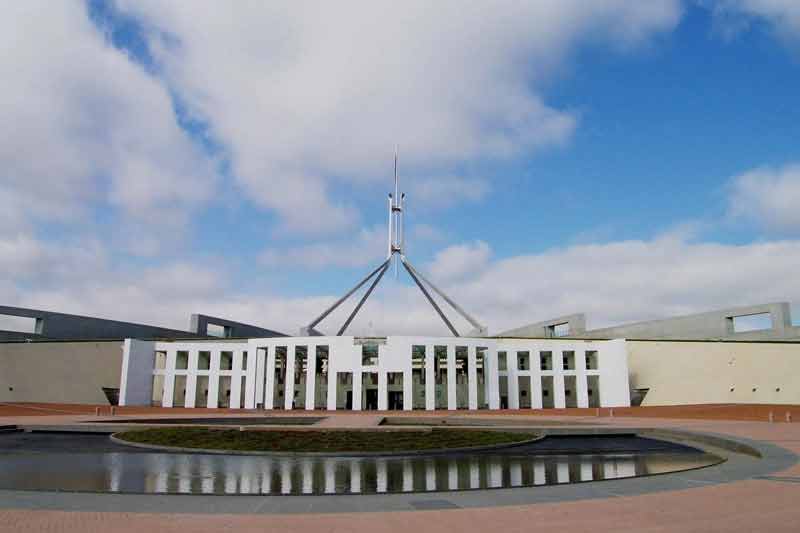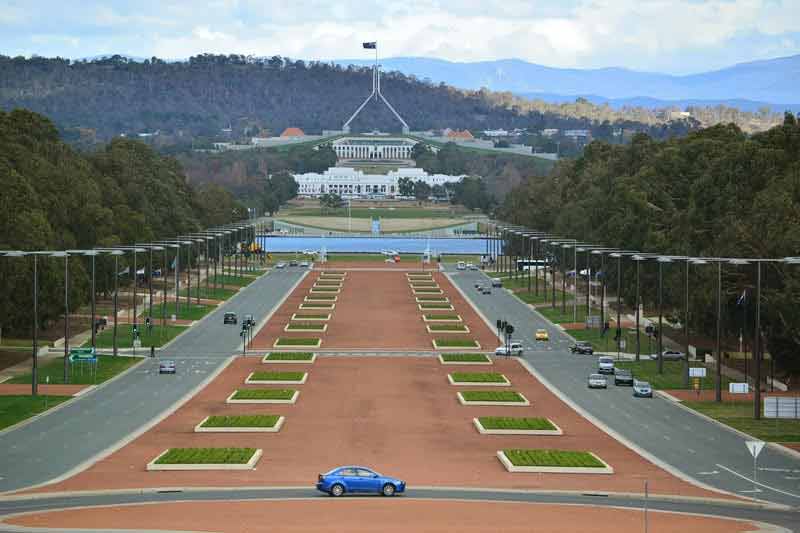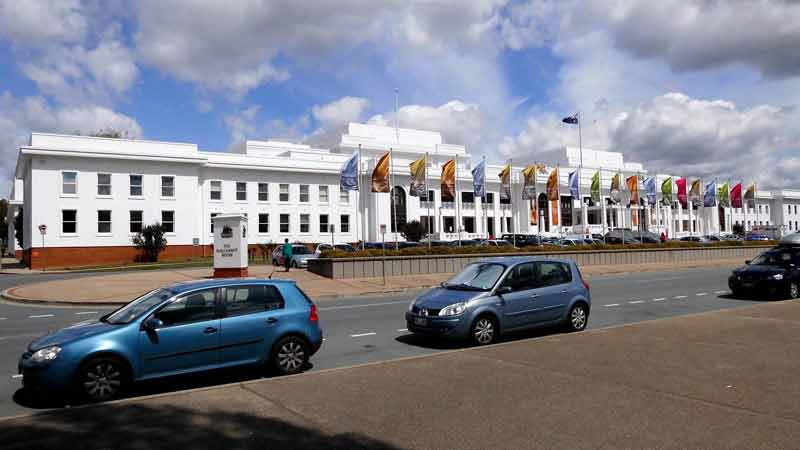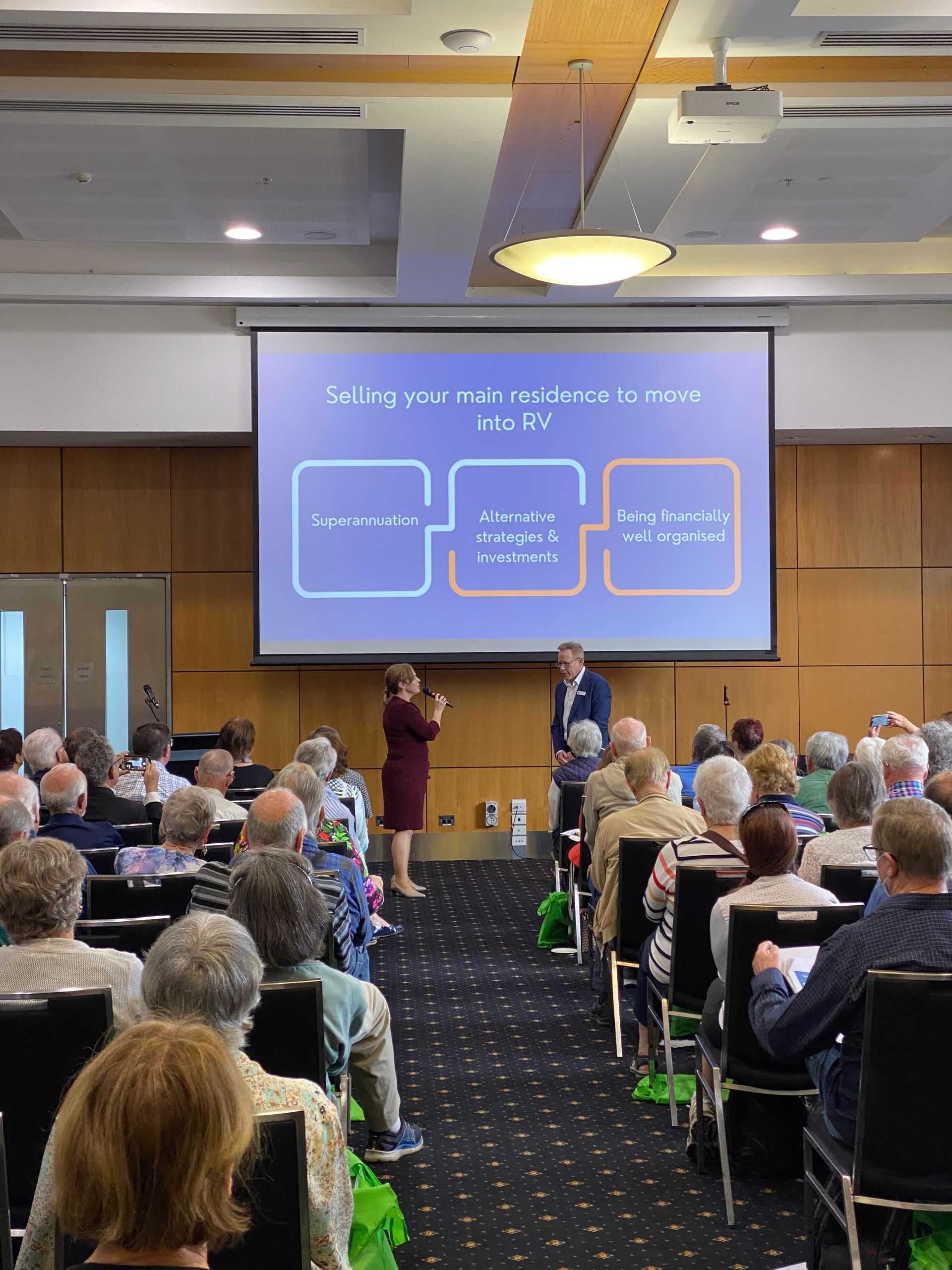10 things you may not know about estate administration | Part 1
In times of bereavement it is often distressing for members of the deceased’s family to address the issues surrounding the wishes of the deceased. It can also be difficult to try and understand the specific language used in the administration of an estate even when you aren’t trying to cope with the loss of a loved one. To help you better understand this sometimes confusing process we have prepared a short series called ‘10 Things You May Not Know About Estate Administration’.
Andrew Freer E: andrew@kjblaw.com.au
Part 1 – What right do you have to inspect and copy a will of a deceased person?
It is not uncommon for family members, beneficiaries or eligible family provision applicants to be interested in obtaining a copy of the will of a deceased person. As an interested person you may wish to find out what entitlements you have under the will of the deceased. You may want information to enable them to decide whether to make a family provision claim. You may simply be trying to determine the identity of the executor and the beneficiaries. Alternatively, you may wish to find out when a will was made to assist in deciding whether to apply for a grant of another will, or challenge the validity of a will.
But what is the legal position?
In the first instance you should make a direct request to the person who actually has possession or control of the will. Section 126 of the Administration and Probate Act 1929 (ACT) sets out who is entitled to inspect will of deceased person. It provides that a person who has possession or control of a deceased person's will must, on request in writing by an interested person, allow the interested person to inspect, or be given copies of, the will or any copies of the will in the person's possession or control. The legislation contains a definition of who is an interested person.
The obligation to allow inspection and copying extends to both the actual custodian as well as any person whose instructions or permission would be required, such as the executor named in the will.
If a copy is not forthcoming following a direct request though, rule 3111 of the Court Procedures Rules 2006 (ACT) gives the ACT Supreme Court the power to issue a subpoena to a person to produce a will or document. To obtain this though you need to make an application to the ACT Supreme Court. Not just anyone can make the application - you must first have standing to apply. This stops just anyone applying to see a copy of a will, and restricts it to only those who actually have a legitimate interest. Interested persons who have standing to seek a copy of the will or document can include:
- the spouse, parent or issue of the deceased;
- anyone named as a beneficiary in the will, or an earlier will;
- anyone who would be entitled to share in the estate if the deceased died intestate;
- an attorney of the deceased under an enduring power of attorney; and
- a creditor of the deceased.
Making an application to the ACT Supreme Court is a significant step though and should not be undertaken lightly. If you are having difficulty obtaining a copy of a will, or aren’t sure whether you should agree to a request for a copy, the team at KJB Law can help.
Andrew Freer E: andrew@kjblaw.com.au
News








